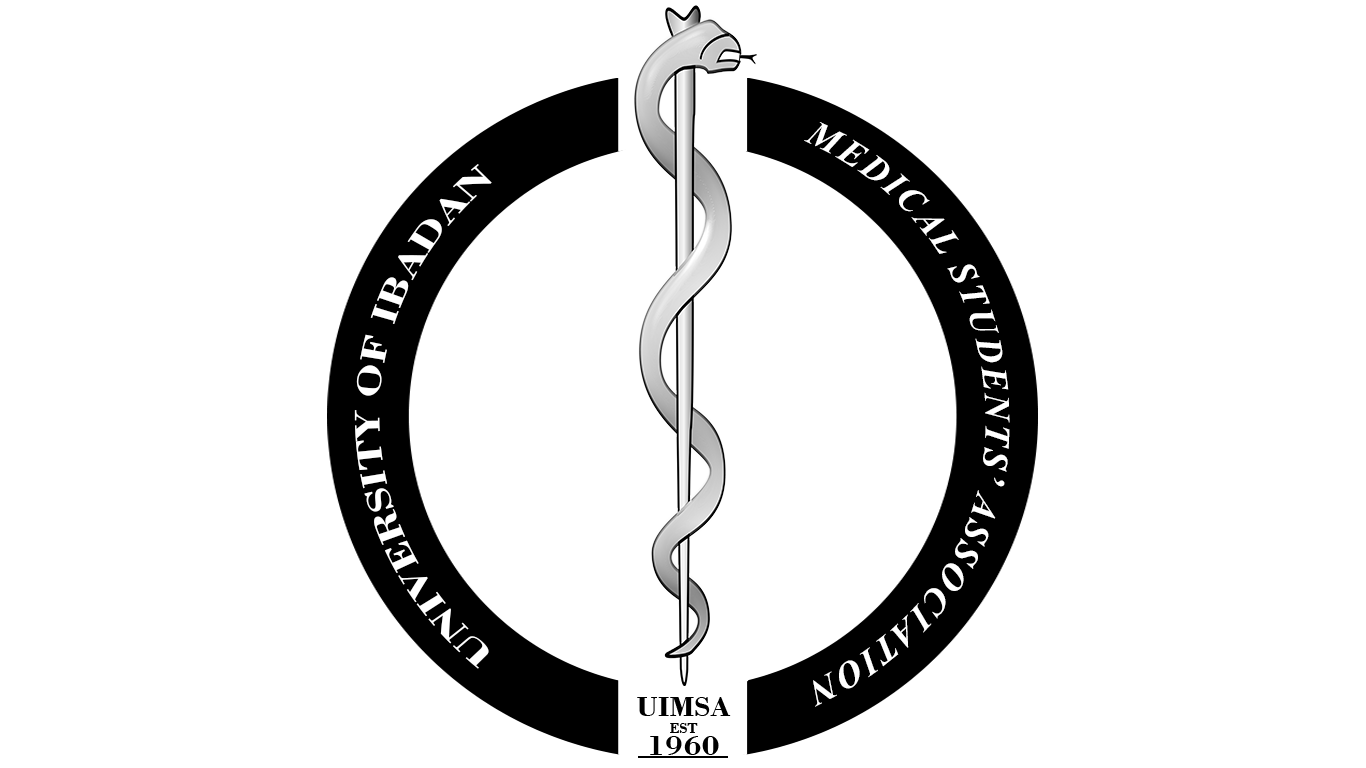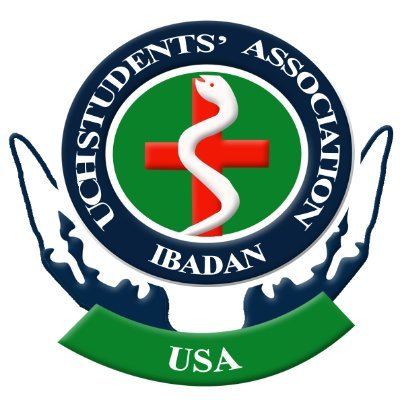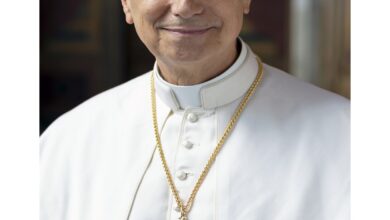A Tenure Too Long: How the MDCAN Strike Reshaped UIMSA Politics

When the Medical and Dental Consultants’ Association of Nigeria (MDCAN), UCH branch, embarked on a strike in December 2024, the immediate concern was academic disruption. But as the months dragged on, with lectures, postings, and ward rounds suspended for over four months, the strike began to eat into more than just the academic lives of medical students and has subtly and steadily reshaped the political landscape of the University of Ibadan Medical Students’ Association (UIMSA).
Today, what we are witnessing is not just an overstayed tenure, but a paradigm shift in the political cycle and institutional order of UIMSA and its affiliated bodies. From extended leadership terms to unsanctioned electoral timelines, from disjointed press transitions to a widening disconnect between the UI main campus and the clinical school at UCH, the MDCAN strike has left behind more than unfinished lectures—it has left an administrative conundrum.
The MDCAN Strike
On December 16, 2024, MDCAN-UCH began a strike to press for their placement on the CONMESS salary structure, a demand that has been on the table for years. At first, this action was part of a broader wave across Southwestern federal universities, including OAU, UNILAG, and UNILORIN, but by March 2025, these other branches had suspended their actions. UCH’s chapter, however, held firm.
The result? Clinical medical students at the College of Medicine, University of Ibadan (COMUI), were forced into a prolonged, unplanned break. Lectures, postings, and clinical rotations came to a complete halt. Students returned home. Alexander Brown Hall (ABH), the clinical hostel for medical students, was emptied. Political activity, which normally buzzes through ABH in anticipation of elections and handovers, went silent.
It wasn’t until persistent interventions began to mount that real movement was observed. UIMSA leadership, in collaboration with the University of Ibadan Students’ Union (UISU), intensified dialogue efforts. Letters were written. Meetings were held with the College of Medicine and the University administration. Media channels started to amplify the growing frustration. When dialogue failed to yield progress, the UI’SU began to raise the stakes, issuing statements that bordered on ultimatums and threatening peaceful protest to demand immediate action.
These sustained pressures, particularly from a united front of student bodies, were instrumental in catalyzing the eventual resolution. On April 22nd, 2025, after more than four months of silence in the wards and clinics, MDCAN UCH called off its strike.
Yet, just a few kilometers away at the main UI campus, the world spun on. Preclinical classes continued, a new 100-level Medicine and Surgery class was admitted, and the university rolled into a new session by April 14, 2025. The divide between UI and COMUI had never been so glaring, and the tension would soon spill over into UIMSA politics.
A Tenure Stretched Beyond Measure
Under normal circumstances, UIMSA’s political structure is a well-oiled machine. Tenures span about 10 months, during which elected executives must organise a Health Week and complete major administrative responsibilities. Elections then follow, ideally two months before the final MB examination of the 600 Level class, according to Article XXIII, No. 1 of the 2022 reviewed UIMSA Constitution.
This tradition held true as recently as last year. The immediate past UIMSA President, now Dr. Tola Odeleke, began her term in May, 2023. Her tenure ended in March 2024, shortly after the Health Week events wrapped up, and elections for the new tenure were conducted by April 20, 2024.
But with the MDCAN strike freezing activities in ABH from December through April, that rhythm has been completely disrupted. The current executives, who assumed office in April 2024, have been in office for over 13 months and are projected to remain until June 2025, marking a 14-month tenure.
The Senate, too, remains in office well beyond constitutional expectations. Senators whose service terms were tied to the outgoing class have remained in place without fresh elections or transitions.
The Trouble with Prolonged Tenures
An immediate precedent to the prolonged UIMSA tenure is the 18-month stretch of the recently concluded USA administration. They assumed power after the 2023 USA Health week in April 2023 and left office after the 2024 Health week in October, 2024. While seemingly beneficial in terms of continuity and execution of long-term projects, prolonged political tenures often mutate into a double-edged sword. At the surface level, the extra months might grant executives the breathing room to finish ambitious plans. However, deeper inspection reveals a troubling pattern of executive fatigue, legislative dysfunction, and constitutional stagnation, all of which risk becoming systemic if not properly addressed. In the case of USA, the extended tenure saw internal fractures and constitutionality disputes fester, culminating in events such as the impeachment of the President, David Uzor, the resignation saga of the Financial Secretary and conflicting interpretations of core constitutional provisions. Without a neutral judicial arm like the dormant Congress, conflicts that should have been swiftly resolved escalated into power tussles, undermining executive accountability.
Should UIMSA ever toe this line — whether through intentional delay or administrative oversight, the consequences could be just as destabilizing, if not worse. The student body thrives on regularity, predictability, and renewal. An overstayed tenure could result in apathy among members, as leadership fatigue meets a loss of momentum.
Furthermore, with time, the lines between executive authority and constitutional boundaries may blur, especially when no timely transition exists to reset the association’s priorities or revalidate its direction through fresh mandates. This delay in leadership change stagnates innovation, limits the representation of evolving class interests, and can potentially embolden officeholders to entrench themselves through manipulated norms or weakened checks.
Ripple Effects: UIMSA’s Affiliated Bodies in Disarray
The fallout extended beyond the central political structure. UIMSA’s affiliated bodies, particularly the Press and the Electoral Commission, have faced their own crises of continuity and legitimacy.
The UIMSA Press, though autonomous editorially, has usually followed the tenure cycle of the Union of Campus Journalists, University of Ibadan (UCJUI), its parent body. This ensures that press transitions occur in sync with the broader university academic calendar. True to this structure, UCJUI underwent its leadership change at the start of the new academic session in April 2025, following the end of the 2023/2024 session in March. As expected, the UIMSA Press followed suit, and a new editorial board was constituted in April 2025, right in the middle of the ongoing MDCAN strike and months before the conclusion of the main UIMSA political tenure.
This peculiar timing has led to an ironic outcome: the new Editorial Board of the UIMSA Press will preside over one of the most politically significant events of the association, Press Night for the upcoming UIMSA elections while the outgoing Editorial Board, whose tenure ran in sync with the current political tenure, has exited with no Press Night to their name.
Meanwhile, the UIMSA Electoral Commission, whose tenure should normally have ended as well, conducted elections for the incoming 2K28 class senators well before the next tenure began. Even more controversially, these elections were coordinated by the outgoing Electoral Commissioner, not the SDO Preclinicals of the upcoming administration, who is normally charged with this responsibility.
Though these actions may have been intended to preserve continuity, they also raise serious procedural concerns. What happens when senators are elected before the Senate they belong to exists? These are the kinds of quiet irregularities that erode institutional credibility over time.
The UI-COMUI Calendar Dichotomy and the Future of UIMSA Politics
Beneath these disruptions lies a more systemic problem: the increasing asynchrony between UI’s academic calendar and that of COMUI.
The University of Ibadan, operating on a structured 9-month academic calendar, conducted its students’ union elections as early as February 22, earlier this year. The Seals Cup, the UI Students’ Union’s flagship football tournament, has already commenced its 2025 edition; yet the UIMSA political cycle, still shackled by the aftermath of the MDCAN strike and the slow-moving COMUI calendar, remains in limbo. The same UIMSA Sports Secretary, elected in 2024, is now burdened with overseeing two Seals Cups in one tenure: one in 2024 and another in 2025.
This dissonance extends into other organisations too. The UI Literary and Debating Society (L&D) has conducted its handover and begun a new tenure, while the ABH L&D, closely tied to the clinical school and UIMSA’s calendar, continues under its outgoing leadership. Alexander Brown Hall (ABH) is not exempted too. In fact, the ABH accommodation process for the new session is still underway, with most students of the 2k24 and 2k25 class yet to secure accommodation. And the future could be even more complex.
The current 600 level class (2k23 class) is projected to spend 17 to 18 months in the final year due to accumulated delays. If UIMSA sticks to its policy of executives leaving two months before their final MB, this means the next tenure (beginning in mid-2025) might run until late 2026, a nearly year-and-a-half tenure.
Unless proactive adjustments are made, either through constitutional reform or calendar harmonisation, UIMSA is likely to experience even more prolonged tenures and irregular transitions in the years ahead. In essence, time itself is becoming UIMSA’s greatest constitutional challenge.
Conclusion
The MDCAN strike may have officially ended in April, but its effects on UIMSA politics are still very much alive. What started as a struggle for consultants’ salaries has spiraled into an extended political purgatory for students, one where terms drag and transitions blur.
At stake isn’t just procedural tidiness, but the integrity of student governance in one of Nigeria’s most structured medical student associations. If UIMSA is to maintain its reputation as one of the best MSAs, then it must reckon with the new challenges presented by academic disruptions and administrative misalignments.
The time has come for difficult conversations about tenure reform, calendar harmonisation, and institutional resilience in the face of systemic disruption. Because while strikes may be temporary, their effects, as we have seen, can echo long into the future.
Oluwagbolade Ajiboro




